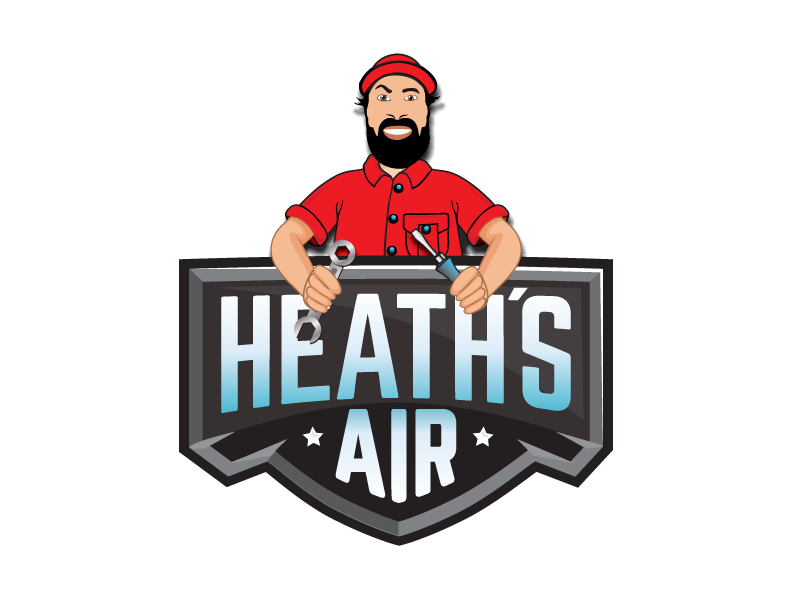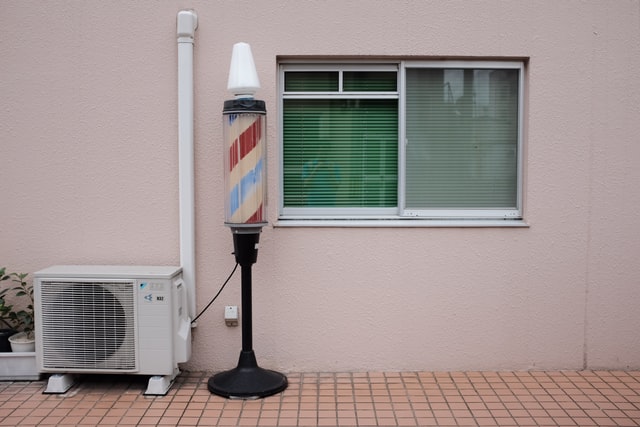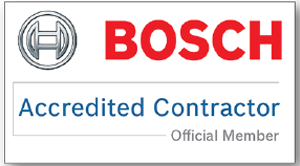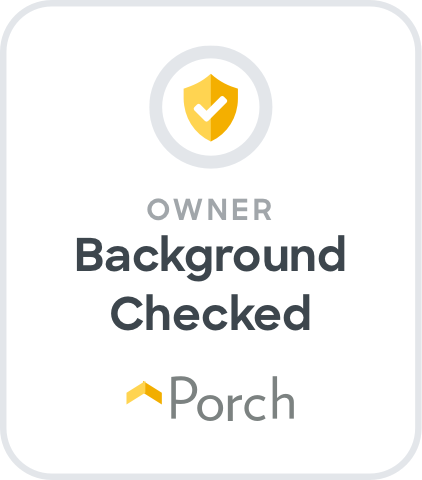The main thing about heating, air conditioning, and the entire HVAC system in a rental property is they need to be maintained. At the beginning of the lease, it is advisable to outline the responsibilities of landlords and tenants.
As with most maintenance issues in a rental, the difficulty is that one party owns the systems while the other party uses them. Should responsibility for servicing and maintaining the HVAC be allotted based on who owns or utilizes the system?
Who should maintain the HVAC in a rental property?

1) Landlord and tenants share responsibility
Shared responsibility is the most commonly used model. Typically, with this method, responsibility for minor maintenance – replacing filters, duct cleaning, and thermostat battery replacements – are assigned to the tenant. The landlord takes care of crucial maintenance issues and the replacement of parts.
The advantage of this method is that landlords take control of problems that determine the longevity of their HVAC. There is no risk of tenants failing to do necessary repairs. The tenants have enough discretion to ensure their comfort.
In some versions of the model, tenants have complete responsibility for HVAC maintenance. However, there is a limit on how much they spend. Once tenants reach this limit, they inform the landlord with proof. The owner will handle the rest of the HVAC maintenance costs.
This model is suitable for rental properties with only a few tenants. It is easier to coordinate HVAC responsibilities since there is more direct contact between the landlord and the tenants. Each party can have a fair idea of what their costs will be.
2) The landlord takes full responsibility
From the point of view of tenants, this is the most desirable model. That is because the tenant plays no role in the service or maintenance of the HVAC; the landlord handles everything. The primary problem tenants will face is that they cannot deal with problems in their own time and way.
For landlords, this model brings additional burdens. That is because tenants will have to contact the property owner for every HVAC issue. Usually, this is not a problem if the landlord hires an HVAC technician to attend to tenant requests at any time and across seasons.
This model is often the best one for multifamily properties where it would be easier to manage the HVAC if you coordinate maintenance from a single location. In this type of arrangement, the landlord will charge a flat fee for the HVAC, with additional payments for some types of repairs.
3) The tenant takes total responsibility
This is the least popular HVAC maintenance model, but it is beneficial when resolving HVAC issues under certain circumstances. Typically, this model is appropriate in situations where a tenant’s HVAC needs or requirements are beyond what a landlord is willing or able to provide.
For instance, in commercial properties, multiple tenants have varying HVAC needs. One tenant may need more heating or cooling than the other. In that kind of situation, it would be hard for the landlord to use any of the other two models with that one tenant.
The best option is often to let the tenant purchase, operate, and maintain their HVAC system, separate from the rest of the building. This arrangement allows the tenant to fully meet their operational needs without additional burdens on the landlord.
This model is also used in residential properties but to a lesser degree. Sometimes the landlord will purchase the HVAC systems but assign maintenance to the tenant. The problem with this method is that tenants may not maintain the HVAC to the level required by the landlord.
Another problem with this model is that since landlords will not be responsible for maintaining the HVAC, they may not have an incentive to provide quality HVAC systems. The tenants, more or less, have to take responsibility to provide their HVAC, even though the landlord is charging them for it.
Which model is best?
None of these three models can be considered the perfect one for a rental property. The ideal solution for a rental depends on the type of property and the needs of the tenants. Landlords must ensure that any model they choose is included in the lease and fully discussed with the tenant.
Lastly, the very best AC system means nothing if you do not have a qualified technician to maintain it. As a matter of fact, you should talk to a professional AC technician before you even buy your AC systems. A professional AC maintenance company will ensure you get the right system for your building and also help keep the system working at its best. Contact Heath today to discuss your Ac system and any maintenance needs today!



